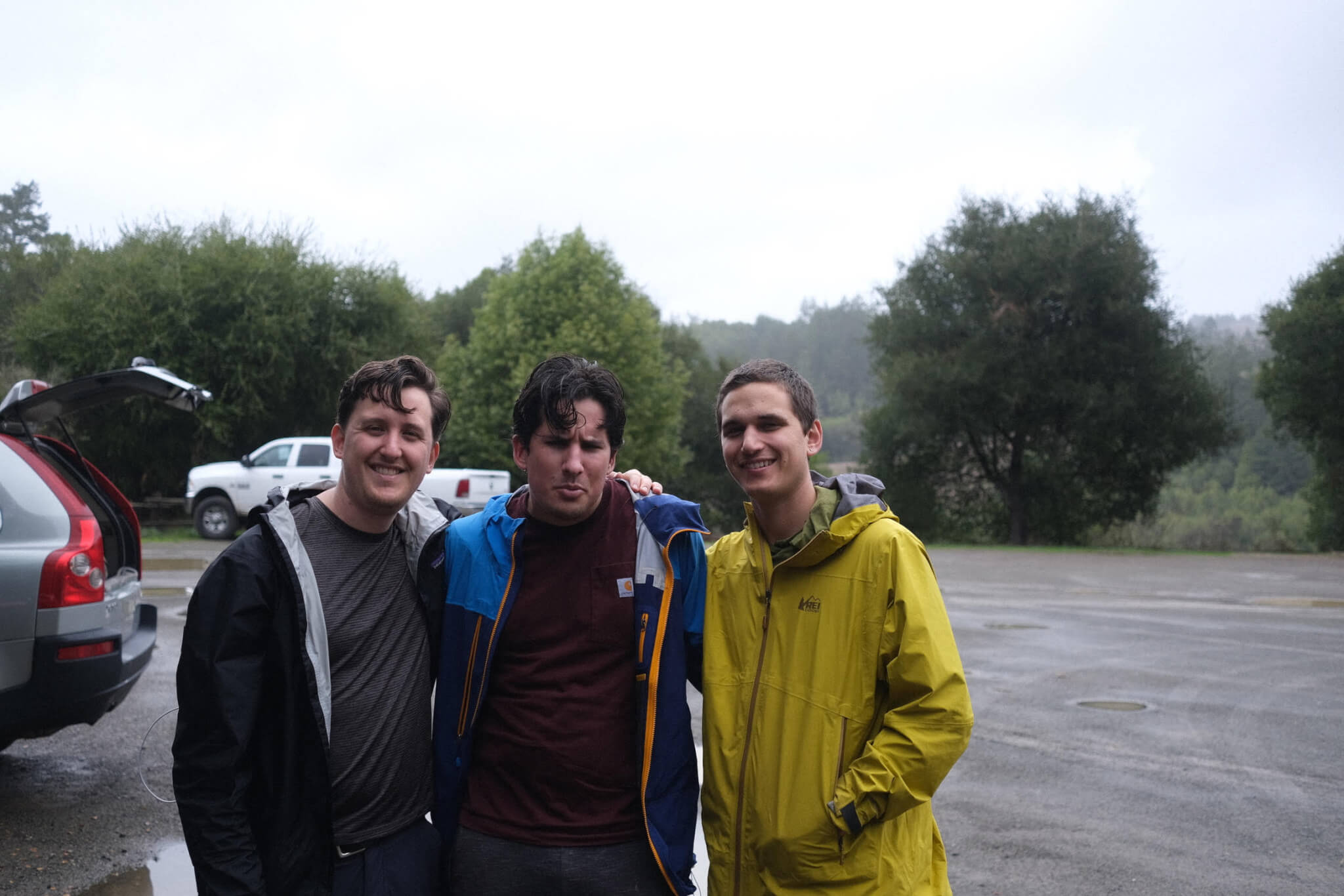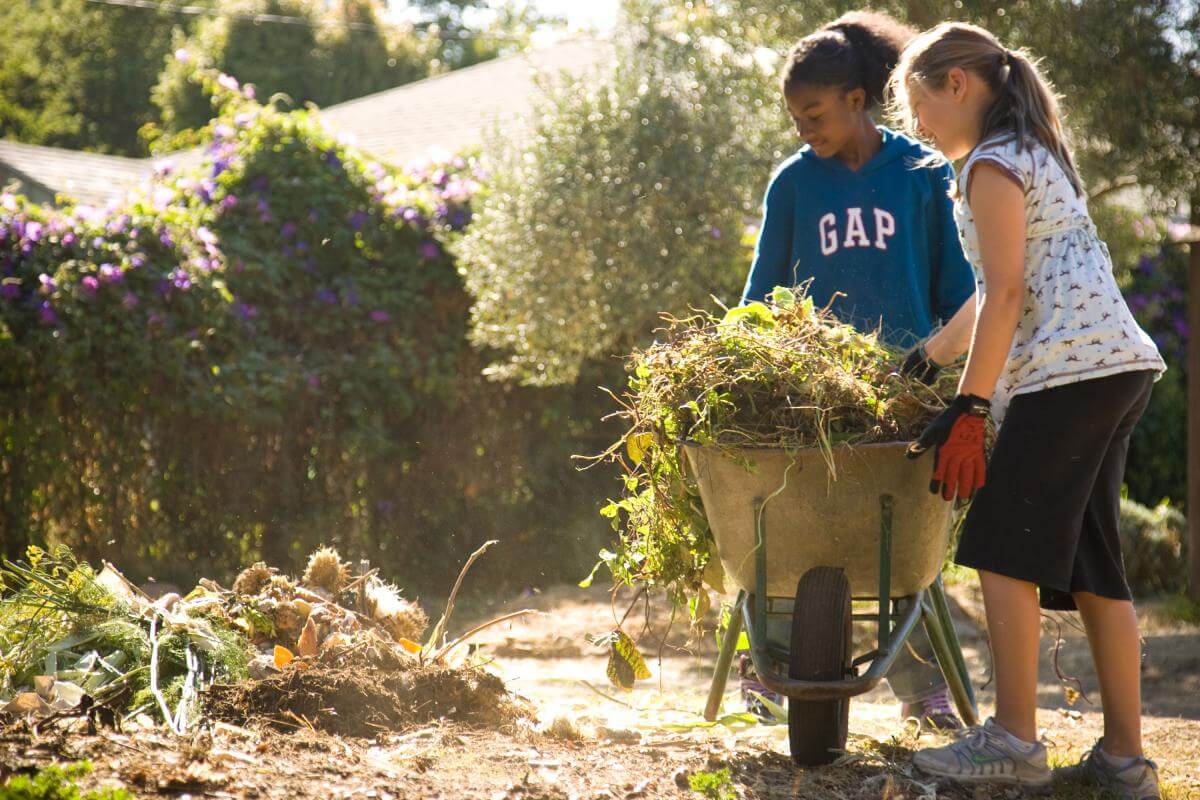Where do I begin? Collecting my thoughts for my statement of purpose has proven itself to be a difficult task. As with most challenging assignments, I have taken the time to reflect, procrastinate, and consume a couple warm cups of tea to recalibrate my mind to a state of coherency. In my self-proclaimed rational state, I have come to the conclusion that my story or individual response to the climate crisis has not and will not provide the solution to the climate-based issues that our world faces.
However, it is this truth that emboldens my conviction that I am in the right place at Ten Strands. The answer is embedded in the name of the organization—Ten Strands. A single strand of yarn does not serve much purpose, yet when another strand is introduced, the individual yarns can be woven to produce a fabric. Every presentation of a new strand brings forth the opportunity for a more intricate and beautiful result. As a climate corps fellow, I find solace and purpose as the twelfth strand. My goal is to help provide access to a high-quality, environment-based education to California’s TK–12 students who, in turn, will provide others with the knowledge, awareness, and ability to promote health and well-being for themselves, their communities, and the planet. I am grateful to be part of an organization with a mission that recognizes the significance of the individual, how the individual emboldens the collective, and how the collective strengthens the planet.

Gratitude for My Own Environmental Education
I have a particular affinity towards environmental education programs as they have helped me conceptualize the idea that intentionally crafted experiences are capable of revealing genuine purpose. In the not-so-distant past, I was an eleven-year-old kid on the precipice of something great—middle school. Fortunately for me, Martin Luther King Jr. Middle School in Berkeley is, like most things in Berkeley, slightly abnormal and home to the magical Edible Schoolyard. The Edible Schoolyard Project (ESY) is a nonprofit organization that creates and transforms public school campuses to be outfitted with gardens, kitchens, and cafeterias that teach academic subjects while recognizing the values of nourishment, stewardship, and community. I was able to have my first pimples while participating in the hands-on education experience of a literally digestible education. The ESY experience allowed me to connect to my surroundings, community, culture, and, ultimately, myself.

As a distractible youth amidst the gallery of new technologies and social media platforms, I found my outdoor education experience to be enlightening and fulfilling, helping me realize that prosperity can directly coincide with simple garden practices. Additionally, the ESY organic garden and kitchen classroom offered a necessary space for a brief yet important disconnection from this distracting reality, reorienting my perspective to connect with a naturally occurring reality that spontaneously provided intrigue, fecundity, and satisfaction. Another natural occurrence propelled by the Edible Schoolyard was a disruption of barriers and learned biases. As a class representative of a diverse student body, we convened in an equitable environment that provided a central purpose—to grow and eat nourishing food. That said, the utopian environments of the garden and kitchen classroom are not representative of society at large and provided a platform for conversations and discussions on the topics of food security, environmental injustice, and underrepresentation. The Edible Schoolyard is a bubble that was built with the intention to burst, as all of its lessons are not meant to be kept inside. Fast forward a few years, and I have uncovered an incredible sense of pride as a part of an organization like Ten Strands. In addition to instilling traditional environmental education in California’s TK–12 schools, Ten Strands collaborates and bolsters the work of nonprofits like Green Schoolyards for America, which champions outdoor learning experiences while placing diversity, equity, and inclusion at the forefront of its environmental mission.

Outdoor Education as a Stepping Stone
Without specifically recognizing it at the time, the outdoor education experience at the Edible Schoolyard would have a profound impact on my future. Like any flourishing garden, I reached points of fruition with intentional and unintentional patience and a varying amount of care. At Saint Mary’s College High School, I dedicated my senior project to reviving the unkempt garden in the corner of the school grounds. I leaned on resources and networks from my community to reinvigorate a garden by constructing reclaimed redwood raised beds, contributing fertile soil, and implementing a make-do irrigation system. My senior project resonated with the community and, along with many of my peers influencing positive change, I was recognized by the local newspaper. After high school I went on to attend Whitman College, where I lead the Organic Garden Club (in large part due to my knack for turning the remarkably pungent compost and my consistent presence at the bountiful grounds.) With the help of new-age hippies and bright ideas, my peers and I tended to a fertile acre of land where we experimented with permaculture and compatible cropping techniques. During my tenure, the Organic Garden Club successfully challenged an attempt by the school to pave over the garden with the paradoxical intent of creating a parking lot for fleet vehicles associated with the Outdoor Program.

An Inspirational Future
Today, we are all part of a moment in time when the opportunity to observe global injustices is more prevalent than it has ever been before. The access to disheartening information can prove to be debilitating; however, with exposure arises the opportunity to harness negativity and use interconnected platforms to mobilize action towards a socially and environmentally just future. I have found passion and promise from the inspirational minds of our youth leaders. The fire for the environmental movement is stoked by international phenomenon Greta Thunberg and local champions like Rishi Gurjar. Through the ambitious work of Ten Strands, the future will hold opportunities and avenues for every student in California to increase awareness and potentially blossom as leaders of a future generation who can influence a paradigm shift to help mitigate the climate crisis. Environmental education was my pivotal entry point, and I hope it can be the same for others. I look forward to an environmental protest where the crowd is diverse, youthful, and energized. I hope to see you there.



One Response
Have I said lately how much I appreciate these statements of purpose? Thanks, Will, for this thoughtful piece. It was great to meet you (virtually) in a break out room at the last CAELI Meeting and even better to read about your journey and aspirations. It’s inspiring to know about the inspiration that the Edible Schoolyard provided for you. Let’s hear it for Berkeley, Alice Waters, MLK, Jr. Middle School, School Gardens, and especially for Movement Leaders who will be around for decades into the future.